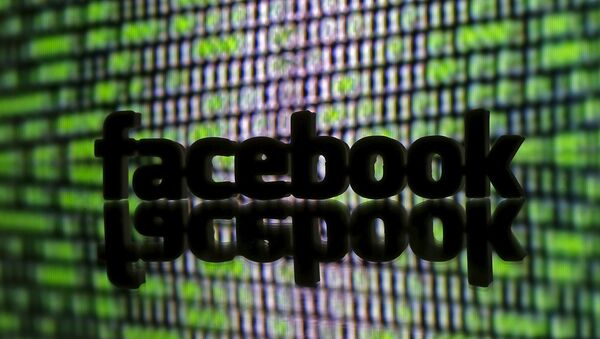MOSCOW (Sputnik) — On Sunday, a suicide blast in Lahore left at least 70 people dead and over 300 injured, mainly women and children. Following the attack, Facebook activated its Safety Check system to allow the people in the vicinity of the attack to inform other people that they were safe. However, on Sunday the system sent warnings to many people in the United States, India and the United Kingdom, among others.
There are better ways to ask a guy currently in Montana why he hasn't logged in to Facebook for a long time. pic.twitter.com/sRpaQflWrt
— Chris Sacca (@sacca) March 27, 2016
Did anyone else in the DC area just get a Facebook Safety Check text?
— Jimmy Bosse (@jimmybosse) March 27, 2016
"We activated Safety Check today in Lahore, Pakistan, after an explosion that took place there <…> Unfortunately, many people not affected by the crisis received a notification asking if they were okay. This kind of bug is counter to our intent. We worked quickly to resolve the issue and we apologize to anyone who mistakenly received the notification," the statement published on Sunday reads.
It was noted in the statement that the company hoped that Safety Check system was useful to people who were in the vicinity of the bombing.
.@facebook clearly having some trouble with its safety check system, as i'm currently sat in West London #pakistan pic.twitter.com/w0BwSzTMah
— Thomas Newton (@SkyTNewton) March 27, 2016
Thankfully I'm nowhere near the #Lahore bombing. Facebook Safety Check gave me a fright for sec making me think something nearby happened.
— JoshWotes (@JSe3ow) March 27, 2016
@ciaomichaella bec of #bomb blast in #lahore pakistan
— Naveed Khan (@Galaxycctv) March 27, 2016
The Safety Check system was developed in 2014 and was first widely used following the 2015 earthquakes in Nepal. The violent Paris attacks in November 2015 became the first time the system was activated to inform people about a non-natural disaster.


